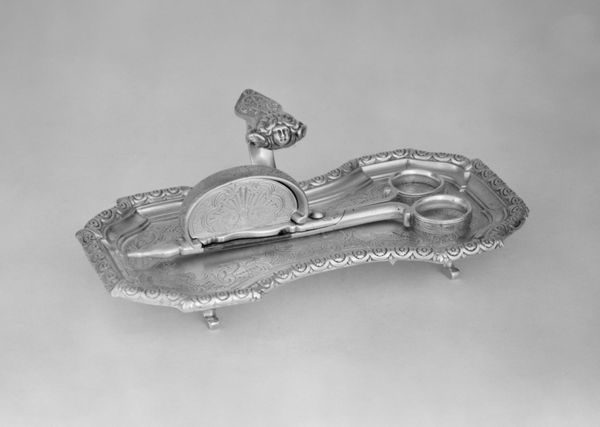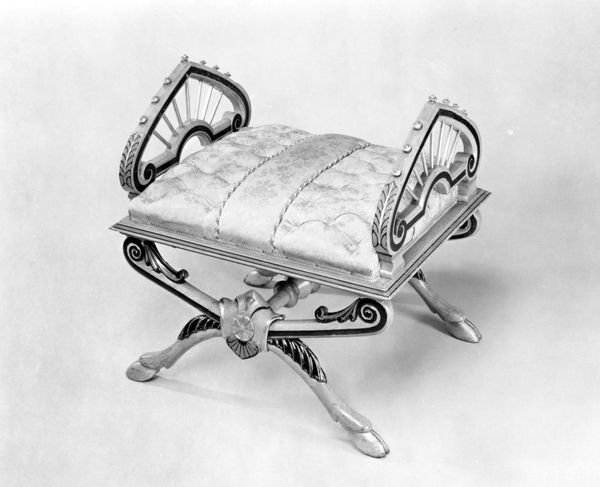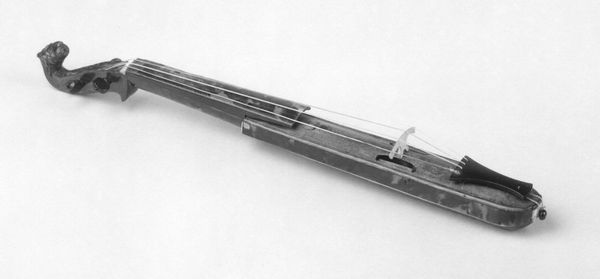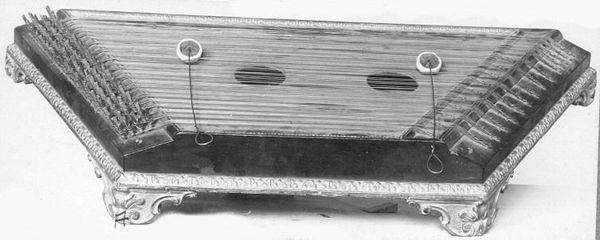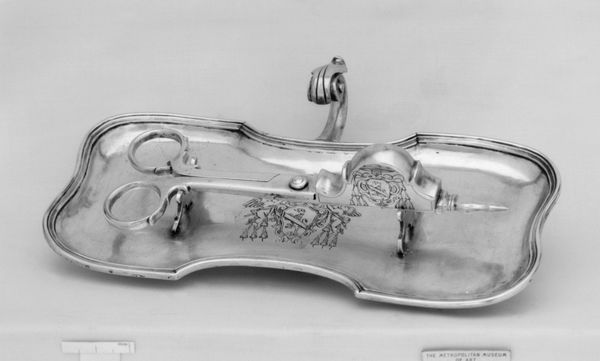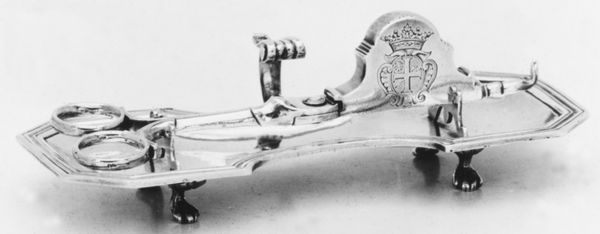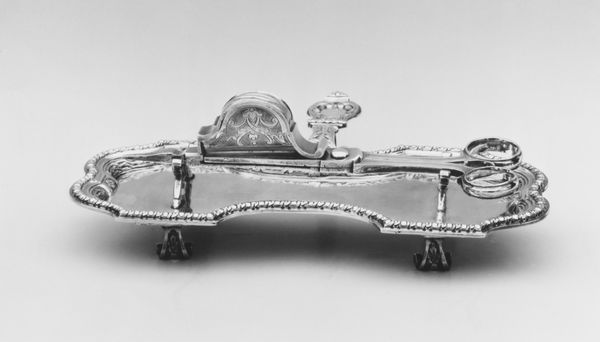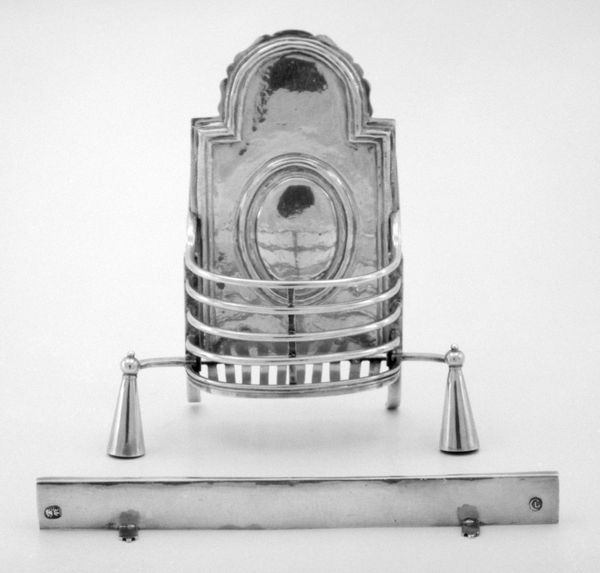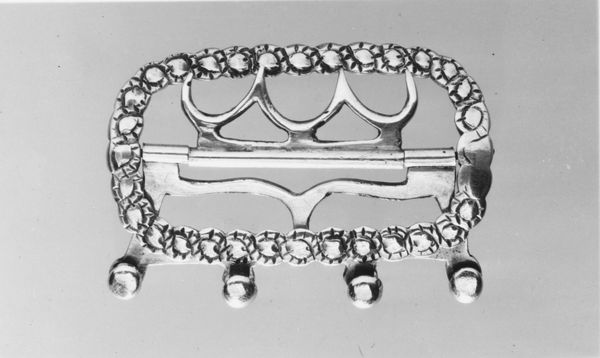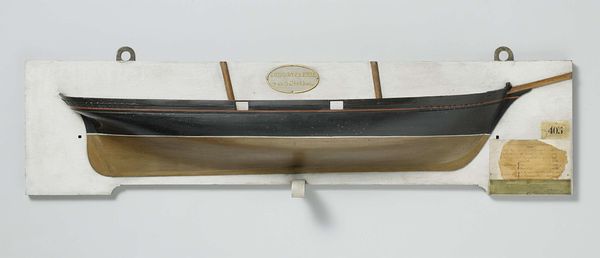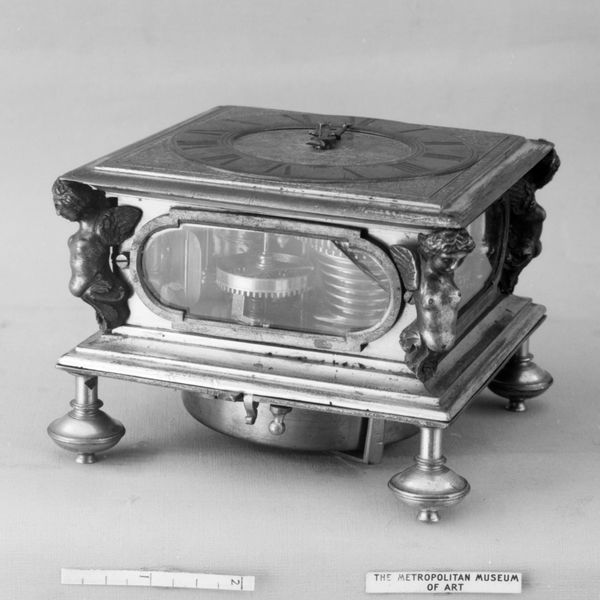
wood
#
medieval
#
11_renaissance
#
black and white theme
#
france
#
men
#
wood
#
musical-instrument
#
decorative-art
Dimensions: Total L. (without crack) 66.8 cm (27 in.); Max. W: 33 cm (13 in.); Max. D.: 26.7 cm (10-1/2 in.) (
Copyright: Public Domain
Gilbert Nigout, who died in 1919, made this hurdy-gurdy. With its keyboard and crank mechanism, it reminds us that musical instruments have long been both practical tools and exquisite objects of design. Consider the social life of music in France when this hurdy-gurdy was made. Music halls were popular forms of entertainment in Paris at the time. Hurdy-gurdies were also instruments associated with street musicians and performers in public spaces. Nigout’s instrument, with its delicate floral ornamentation, seems to elevate the hurdy-gurdy from its more humble associations. Was he trying to appeal to a bourgeois audience that wanted to bring street culture into the home? Or was he perhaps hoping to attract the attention of wealthy patrons of the arts? To understand this object more fully, we might investigate the world of instrument-making in France. What were the relationships between workshops, performers, and consumers? Exploring these questions helps us to see how cultural values shape the production and reception of art.
Comments
No comments
Be the first to comment and join the conversation on the ultimate creative platform.
